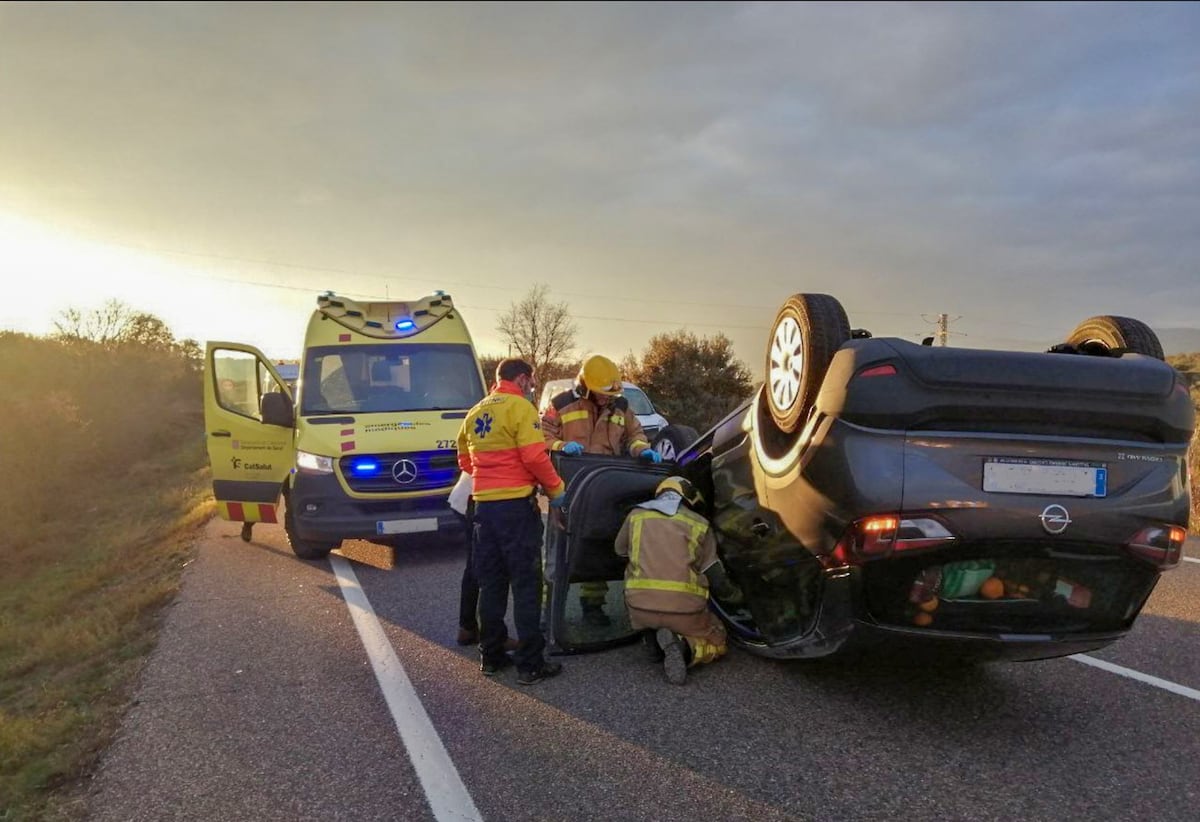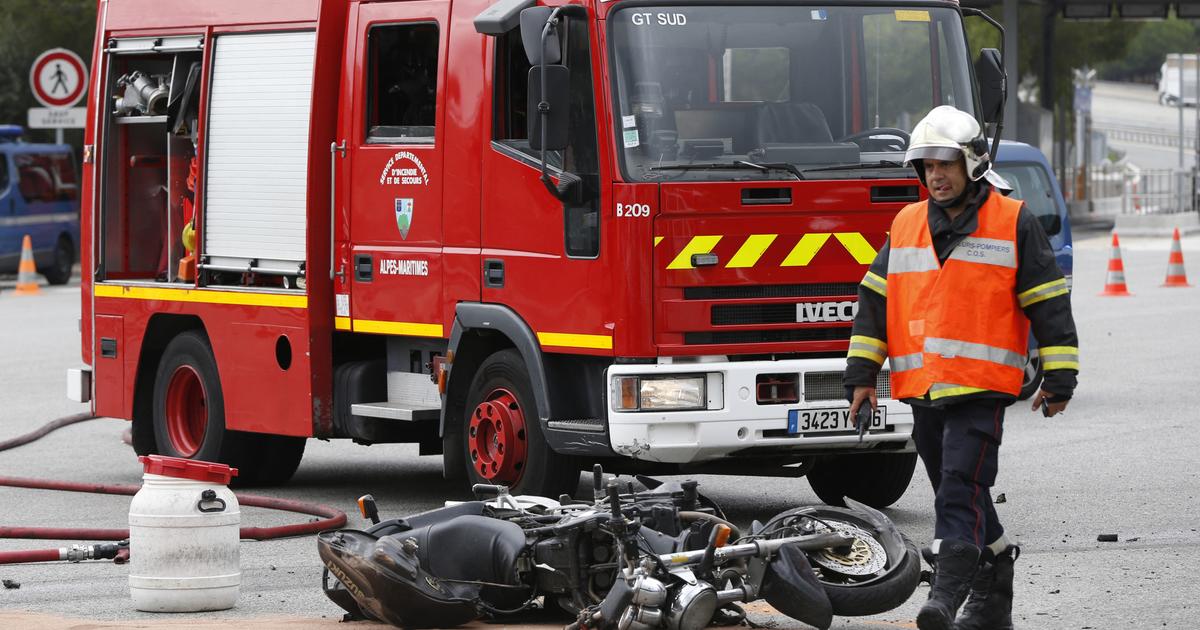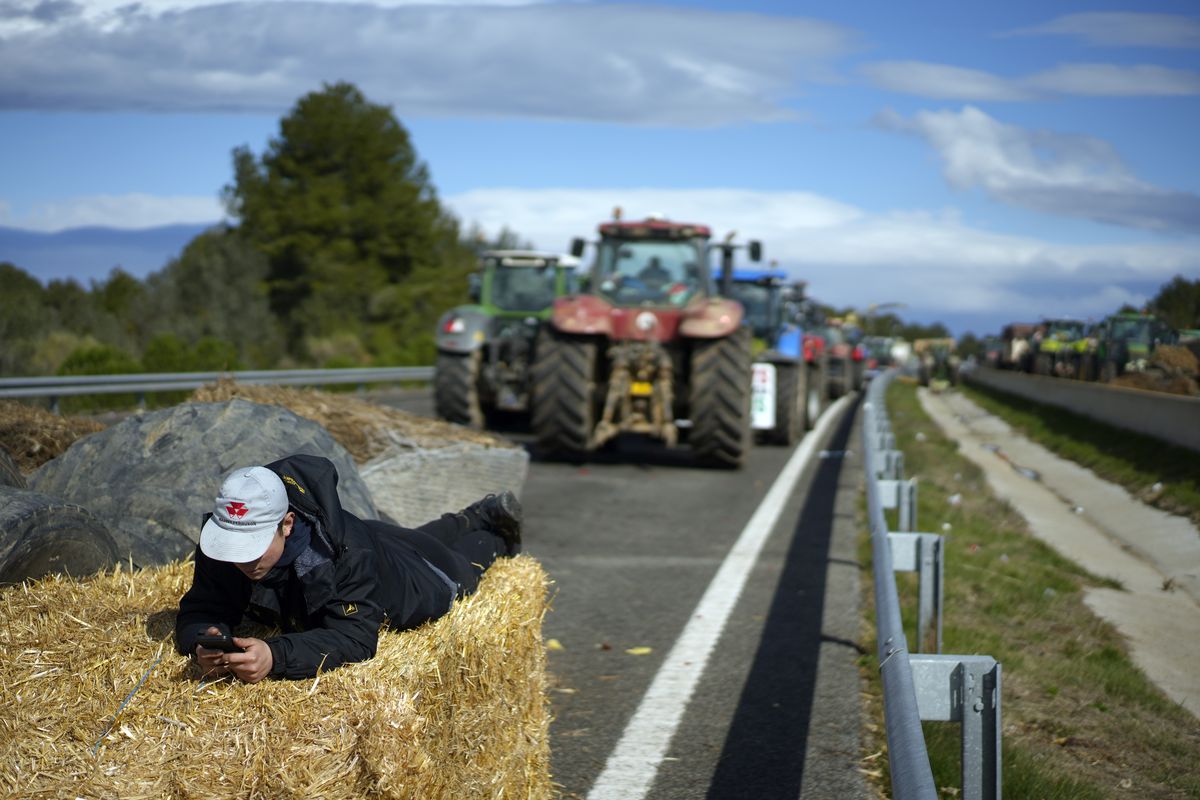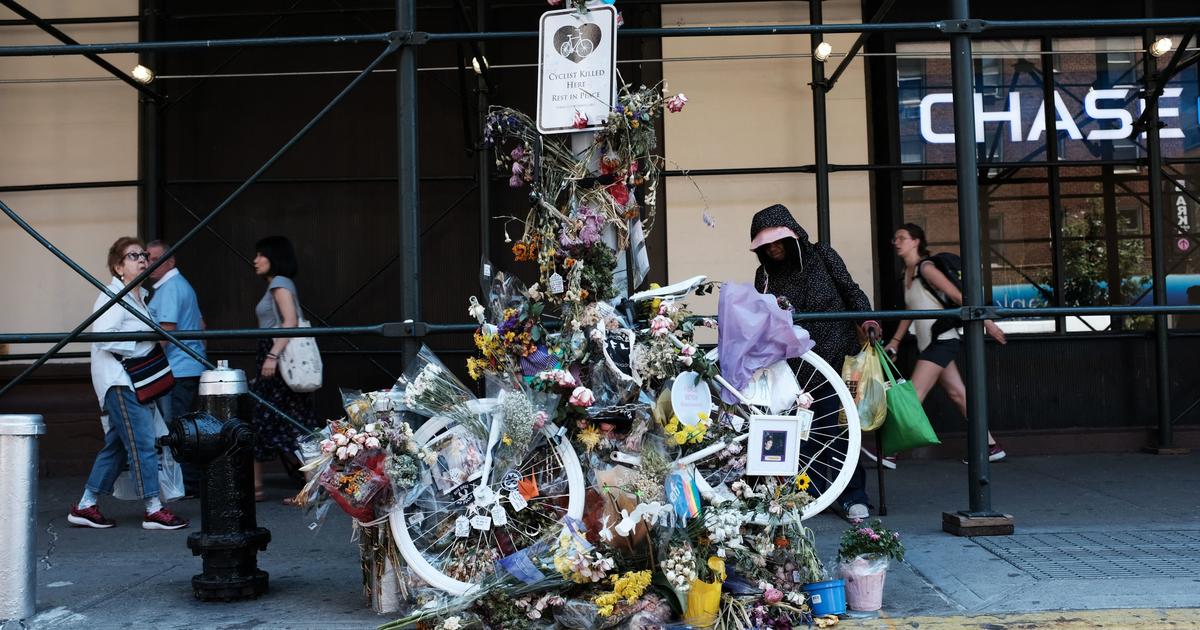As of January 18, 2023, 17 people have died on Catalan roads: 14 men, two women and a 13-year-old girl have died in 15 traffic accidents by car, van, motorcycle, scooter or on foot.
A figure, which according to the road safety and mobility coordinator of the Servei Català del Trànsit, Oscar Llatje, "is high but difficult to assess" in such a short period of time.
Beyond the cold numbers, behind each of them there is a life cut short and families devastated.
In each fatal accident, emergency professionals are activated, traffic agents from the Mossos who communicate the death to the families, firefighters who release the bodies and psychologists from the Medical Emergency System (SEM) who accompany the police when explaining the News.
This tragedy generates an emotional impact on them that, sometimes,
"It's random, it depends on the type of vehicle, how many people go, we can't make road safety decisions in such a short time, we don't know the evolution," says Llatje.
"No number is good, a single death is a tragedy."
Those responsible for communicating a death to the family are the Traffic sergeants of the Mossos.
The first one they communicated in 1998, after assuming the powers, was in Pla de l'Estany.
The current head of Traffic in Girona, Inspector Joan Costa, remembers him as if he were now.
He this and the more than fifty families who have been notified of a death.
“We knew how it was done on paper, but with the first victim we saw that it was different.
It is a very strong emotional blow ”, he maintains.
Once the victim is identified, they locate his family, which is not always easy and they must go quickly because mobile phones and social networks allow them to arrive before the accident, but it creates pressure to inform the family promptly and properly.
The sergeant and an EMS psychologist come to deliver the "bad news."
“We ask if they know the victim, if we can pass and bluntly communicate the death.
The world falls on top of them, it is a beastly blow ”, explains Costa.
The cases that particularly affect emergency personnel are accidents involving children.
“Not only if they die, but also if their parents do.
It breaks the soul, ”she indicates.
Costa recalls that one August they had 37 deaths and how difficult it was "to be the messenger of bad news and at the same time the one who comforted the families."
Sergeants occasionally receive psychological support.
mobile calls
“Sometimes you manage to stay out of it and other times, for some reason, everything is removed.
Each situation is complicated and different”, details one of the Girona shift managers.
For him, "one of the hardest moments is when you know details about the victim, like a father who was waiting for him to catch a plane because the family was going to live abroad."
Another dramatic moment, they agree, is "when the deceased's cell phone is receiving calls or messages from relatives."
“Everyone has their system to take the pressure off.
Nobody is enthusiastic about this work, there are no volunteers ”, he assures.
He would like "not to have to repeat the phrase that costs so much: 'Are they the relatives of…?'
The psychologist from the Firefighters' Medical Emergency Group (GEM), Anna Subirà, explains that in traumatic emergency situations for the firefighters, such as multiple accidents or with difficult release, the protocol is activated and the psychologists go to the park.
These are performances that, when they impact them, generate a great emotional charge and leave a mark on them.
“If it is not managed well, they can have cumulative post-traumatic stress, get stuck in another accident and not be able to act,” she points out.
The psychological intervention aims "that the stress response that they may have had has no consequences."
She warns: "Empathy is necessary to give good care, but it is a double-edged sword because they are in danger of taking the victim home."
In some cases it has happened to them, point out firefighters from Terrassa,
For Andrés Oliveros, a SEM psychologist, “reporting a death is a situation with a high emotional impact”, but “it is a job that families are very grateful to us for”.
They try to reduce their feeling of vulnerability and enhance their autonomy.
They are with them for three to six hours.
You can follow EL PAÍS Catalunya on
and
, or sign up here to receive
our weekly newsletter








/cloudfront-eu-central-1.images.arcpublishing.com/prisa/EZY3USHL75GFHJUQVOYWVDGKPM.jpg)
